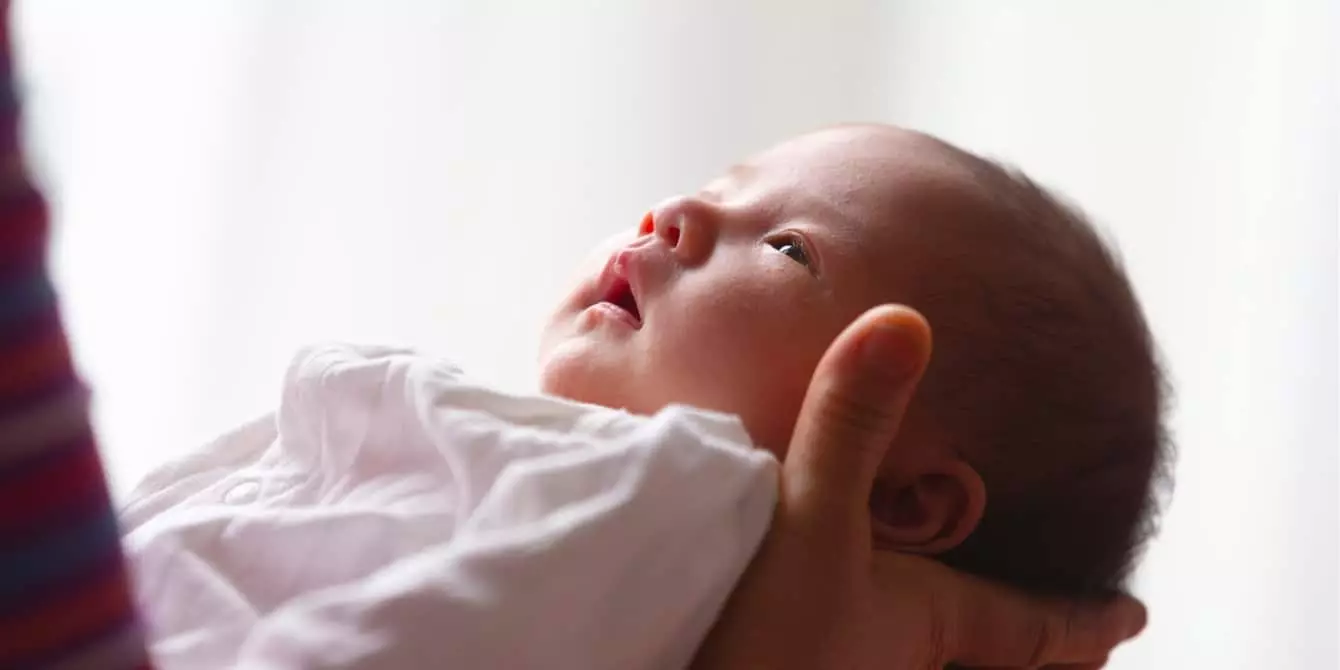For new mothers, moments of watching their infant cry or exhibit signs of distress can be heart-wrenching. Often, the trigger may be straightforward—hunger, fatigue, or discomfort—but what happens when these basic needs are met yet the infant remains upset? The answer lies in the complex interplay of emotion and mental health, which extends beyond mere physical needs. It’s crucial for parents to recognize that mental health is as pertinent for infants as it is for older children. In fact, research underscores that emotional health begins well before infancy, laying foundational aspects during pregnancy.
An astonishing statistic reveals that nearly 20% of children in the U.S. between the ages of 3 and 17 experience mental health disorders. However, the focus tends to skew towards older children, leaving a significant gap in awareness surrounding the crucial developmental stages in infancy. This delay in recognition may be primarily attributed to common misconceptions. Many parents may feel an innate belief that infants are immune to mental health problems because of their developmental stage; however, studies suggest otherwise.
The womb acts as the initial classroom for emotional and mental growth where experiences and maternal health create lasting impacts. As Beverly Gould, a Program Director at the Child Centre of NY, points out, the intrauterine environment shapes a child’s mental health, influenced heavily by the mother’s lifestyle choices and emotional stresses during pregnancy. For instance, the consumption of drugs or alcohol, alongside exposure to stressors, can have profound implications for a developing fetus.
Dr. Jean Clinton, an expert in infant psychiatry, emphasizes that extreme forms of maternal stress can introduce harmful chemicals like cortisol into the fetal environment, possibly leading to developmental challenges. Thankfully, it’s worth noting that the relationship between stress and development isn’t solely deterministic. Neuroplasticity—the brain’s inherent ability to adapt and change—offers a pathway for resilience and recovery provided that infants are placed in nurturing environments post-birth.
After birth, the early months and years of life remain crucial for emotional development. These formative years are marked by experiences that help shape an infant’s understanding of the world and their emotional responses. Dr. Clinton stresses that during these stages, the infant requires overwhelming nurturance and attention, as this period sets the tone for their outlook on relationships and problem-solving as they grow. Regrettably, many parents, overwhelmed by daily responsibilities and the stresses of early parenting, may overlook the importance of this attention.
A baby’s immediate environment creates neural connections that dictate how they process emotions throughout their life. From the way a baby is held to how quickly they are comforted, these interactions impart deep-seated lessons on trust and safety. Positive experiences such as frequent physical contact and stable routines not only promote wellbeing but bolster a child’s emotional resilience as they navigate life’s tumultuous waters.
When parents fail to recognize or respond to signs of distress or discomfort, the implications can be dire. Indicators might include an inability to be soothed, avoidance of eye contact, or persistent fussiness. Such behaviors can signal deeper emotional struggles that require attention. Dr. Clinton points out that while the presence of these signs does not inherently indicate a mental health issue, consistent patterns may warrant closer observation.
In addressing infant mental health, it’s important for caregivers to attune themselves to their child’s emotional state and behavioral cues. Parents should be encouraged to reach out for help when they sense something is awry. Whether it involves speaking to a pediatrician, therapist, or fellow parents, seeking support is crucial for both the child’s and the parent’s mental wellbeing.
Equally important is the mental health of the caregivers themselves. The emotional state of a parent profoundly impacts their ability to recognize and respond to their infant’s needs. When caregivers experience maternal mental health challenges, their effectiveness in providing necessary love and support to their infants may diminish. This reality underscores the necessity for parents to prioritize their emotional health—whether through therapy, connection with support groups, or simply taking time for self-care.
It is essential for new parents to understand the profound impact of both their emotional wellbeing and their nurturing on their infant’s mental health. Awareness of these dynamics can pave the way for healthier developmental outcomes for children. Through nurturing environments and proactive engagement, we hold the power to shape our infants’ emotional futures, raising a generation that is not only resilient but emotionally intelligent. Understanding this responsibility is a step towards fostering a healthier society, one tiny human at a time.

